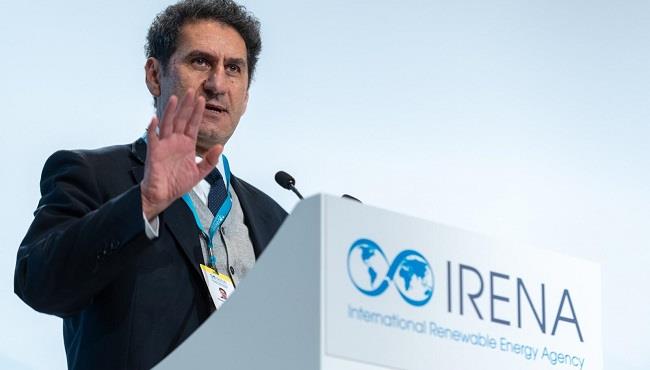Renewable energy continued to expand steadily and well above the long-term trend, with share in total capacity expansion reaching new record of 81% last year.

New data released by the International Renewable Energy Agency (IRENA) shows that renewable energy continued to grow and gain momentum despite global uncertainties.
By the end of 2021, global renewable generation capacity amounted to 3 064 Gigawatt (GW), increasing the stock of renewable power by 9.1 per cent.
Although hydropower accounted for the largest share of the global total renewable generation capacity with 1 230 GW, IRENA’s Renewable Capacity Statistics 2022 shows that solar and wind continued to dominate new generating capacity. Together, both technologies contributed 88 per cent to the share of all new renewable capacity in 2021. Solar capacity led with 19 per cent increase, followed by wind energy, which increased its generating capacity by 13 per cent.
Francesco La Camera, IRENA Director-General, said: “This continued progress is another testament of renewable energy’s resilience. Its strong performance last year represents more opportunities for countries to reap renewables’ multiple socio-economic benefits.”
“Our current energy crisis also adds to the evidence that the world can no longer rely on fossil fuels to meet its energy demand. Money directed to fossil fuel power plants yields unrewarding results, both for the survival of a nation and the planet. Renewable power should become the norm across the globe. We must mobilise the political will to accelerate the 1.5°C pathway.”
To achieve climate goals, renewables must grow at a faster pace than energy demand. However, many countries have not reached this point yet, despite significantly increasing the use of renewables for electricity generation.
Despite representing steady growth, the pace in both regions is much slower than the global average, indicating the need for stronger international cooperation to optimise electricity markets and drive massive investments in those regions.
Read the full article here.
Courtesy: Climate Action
